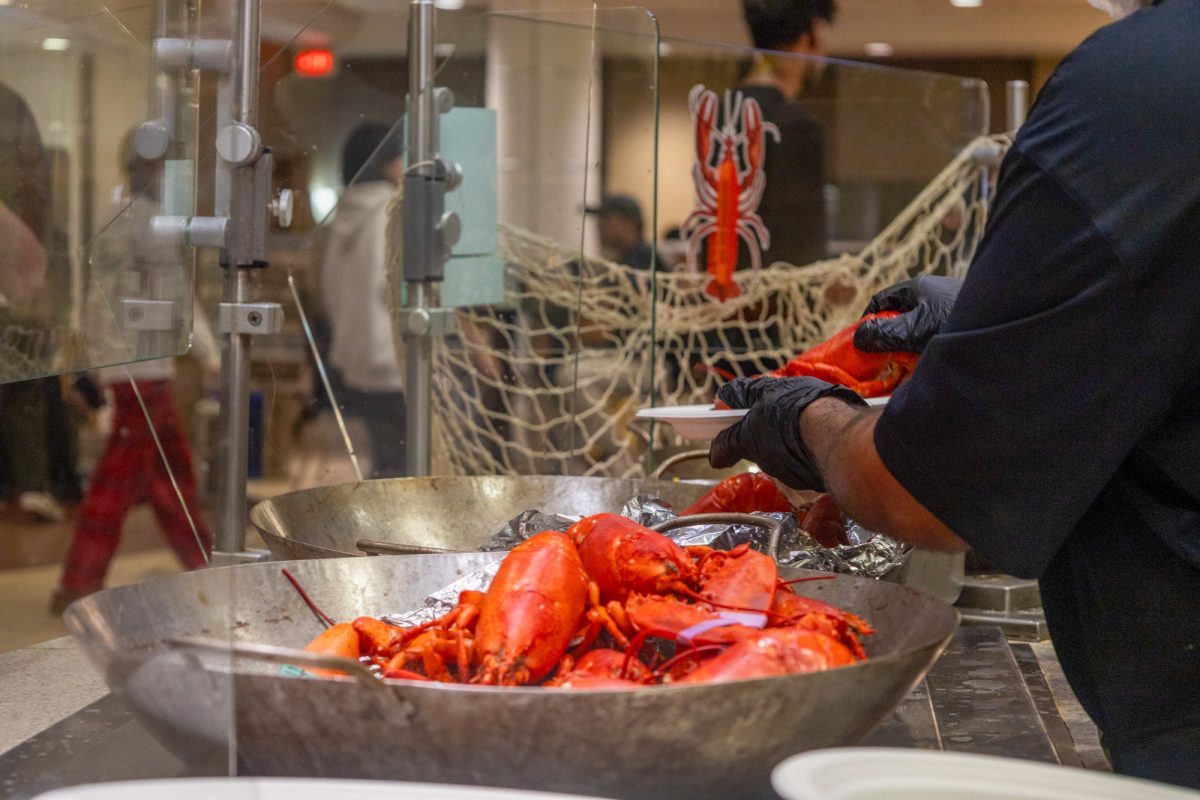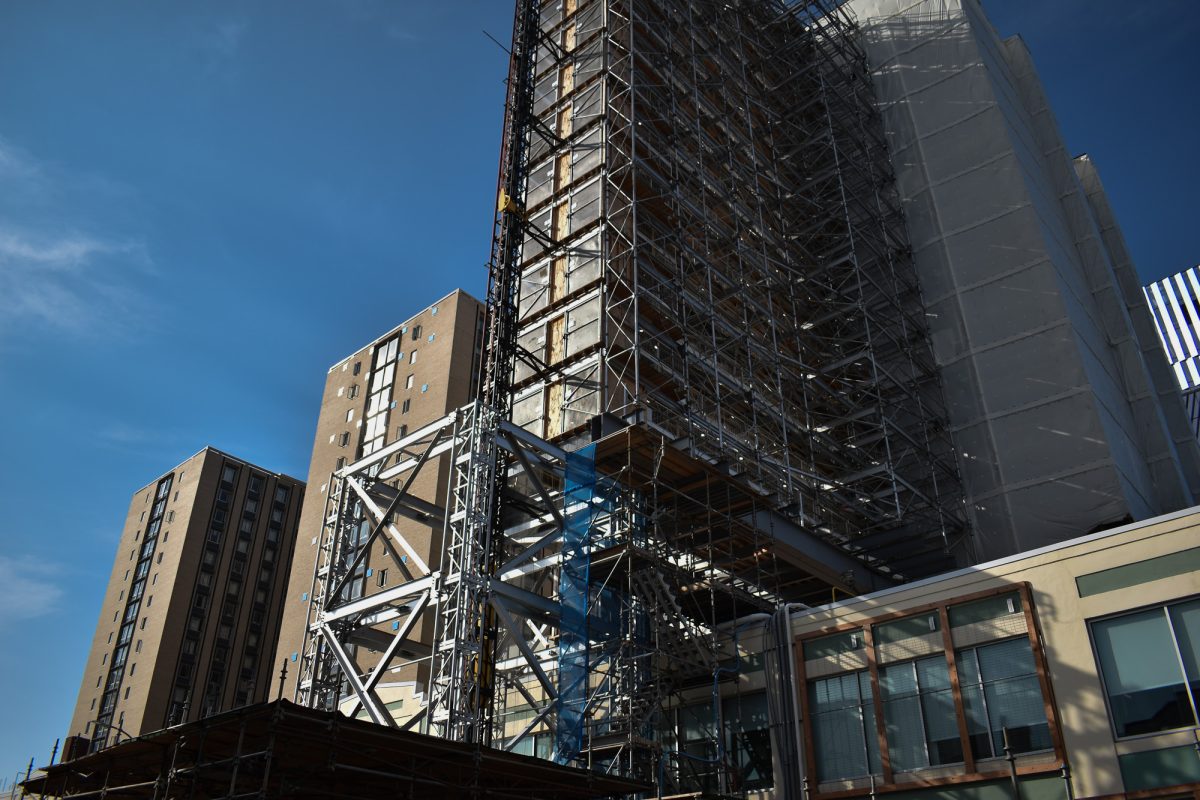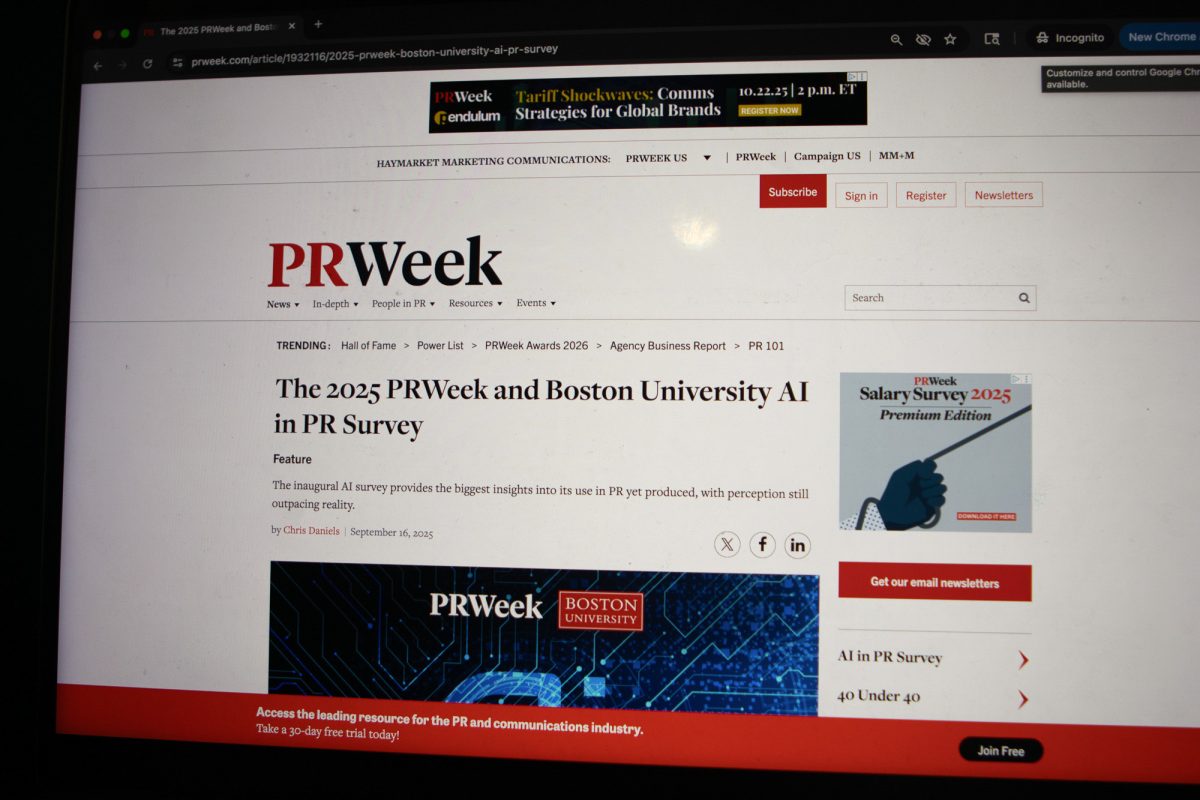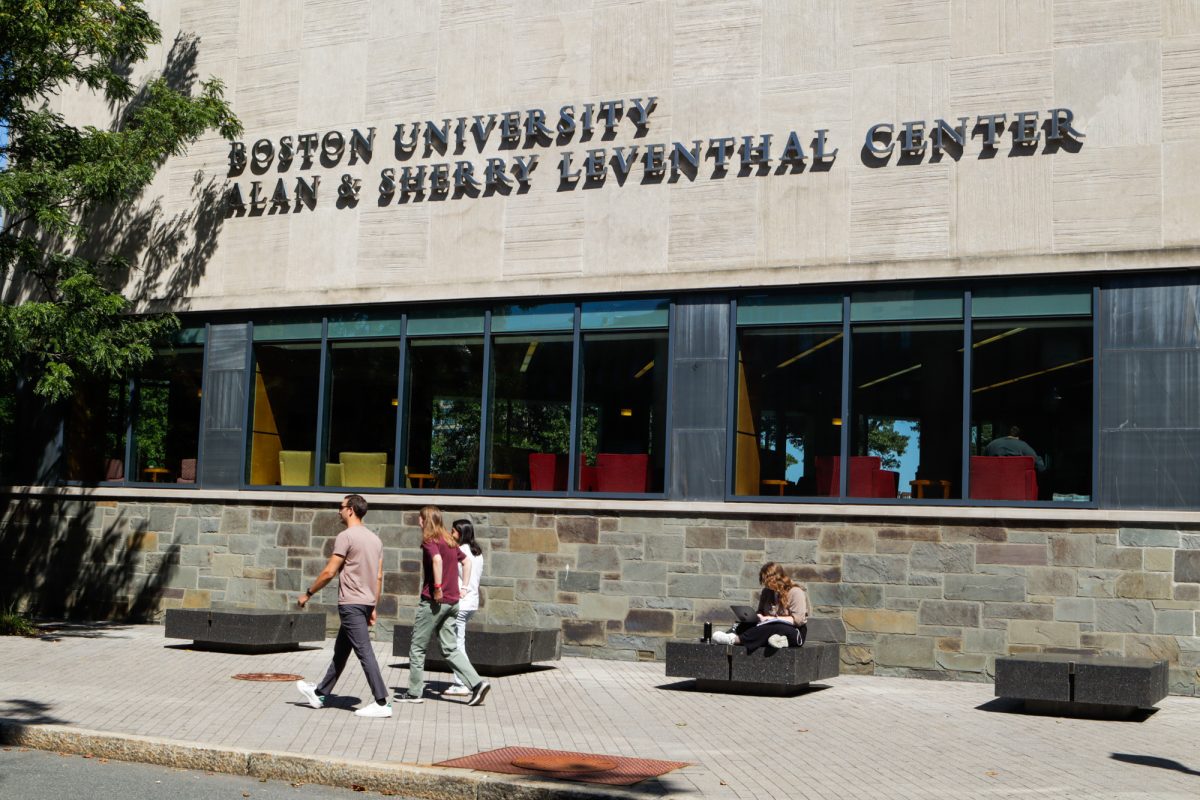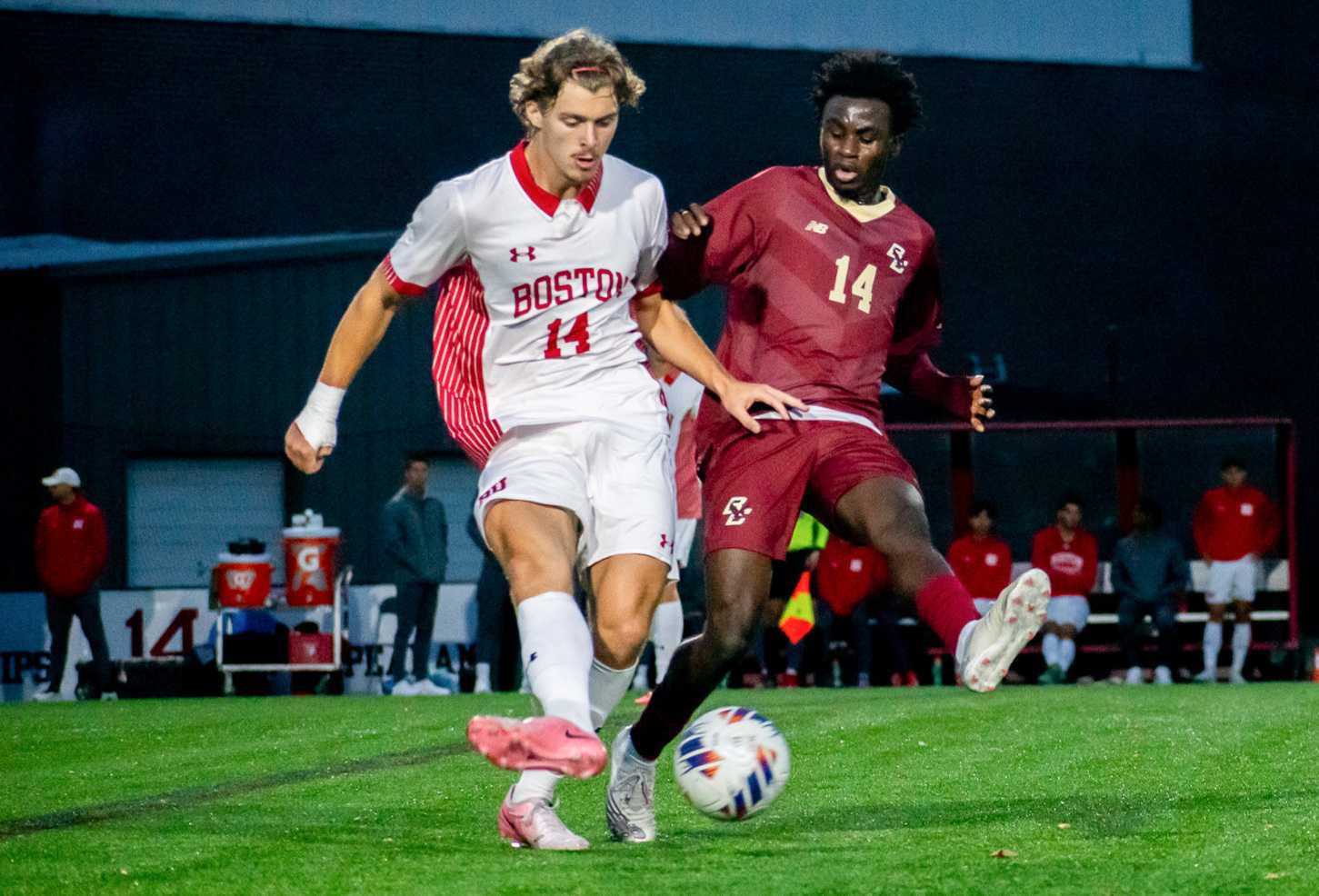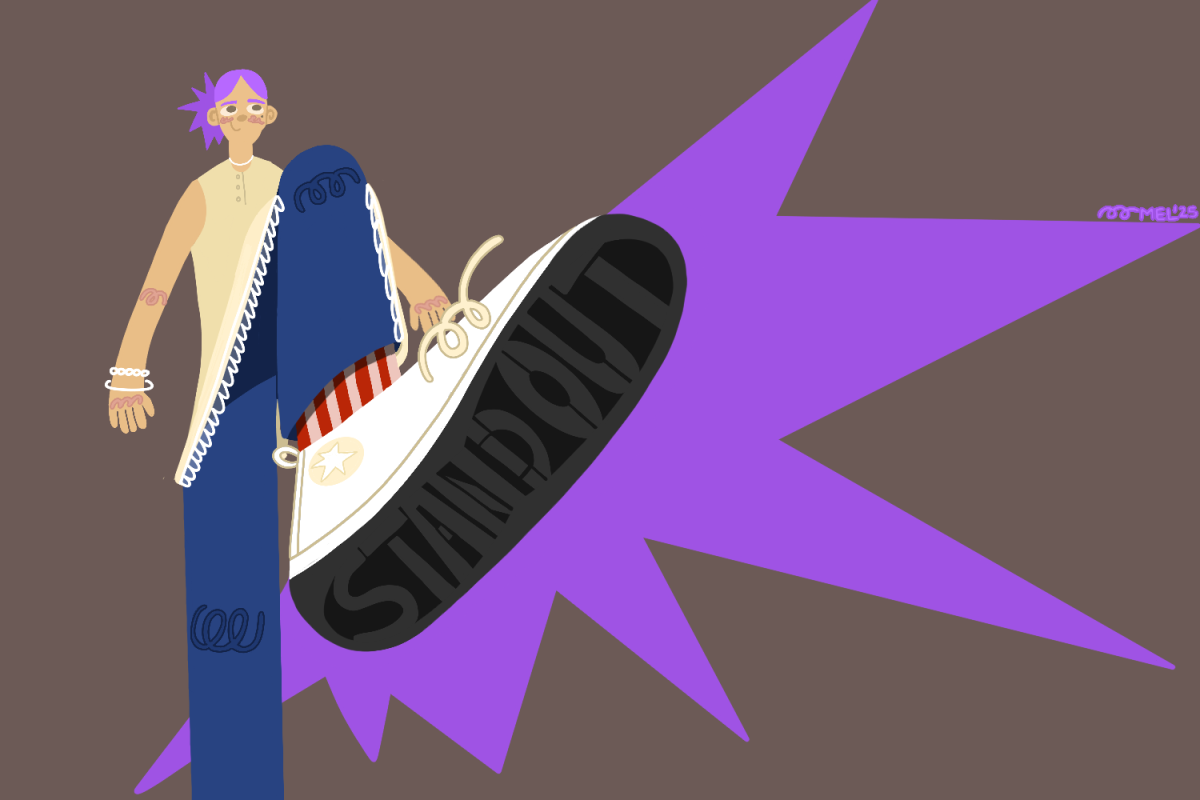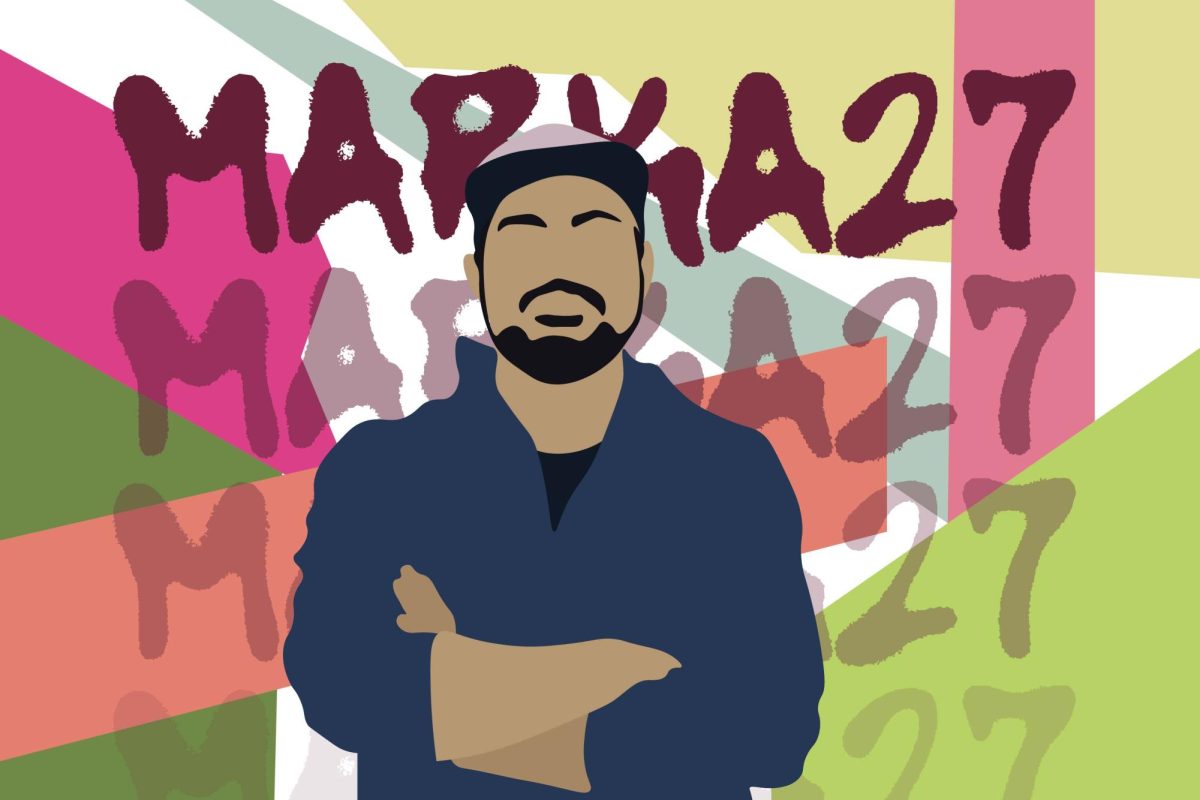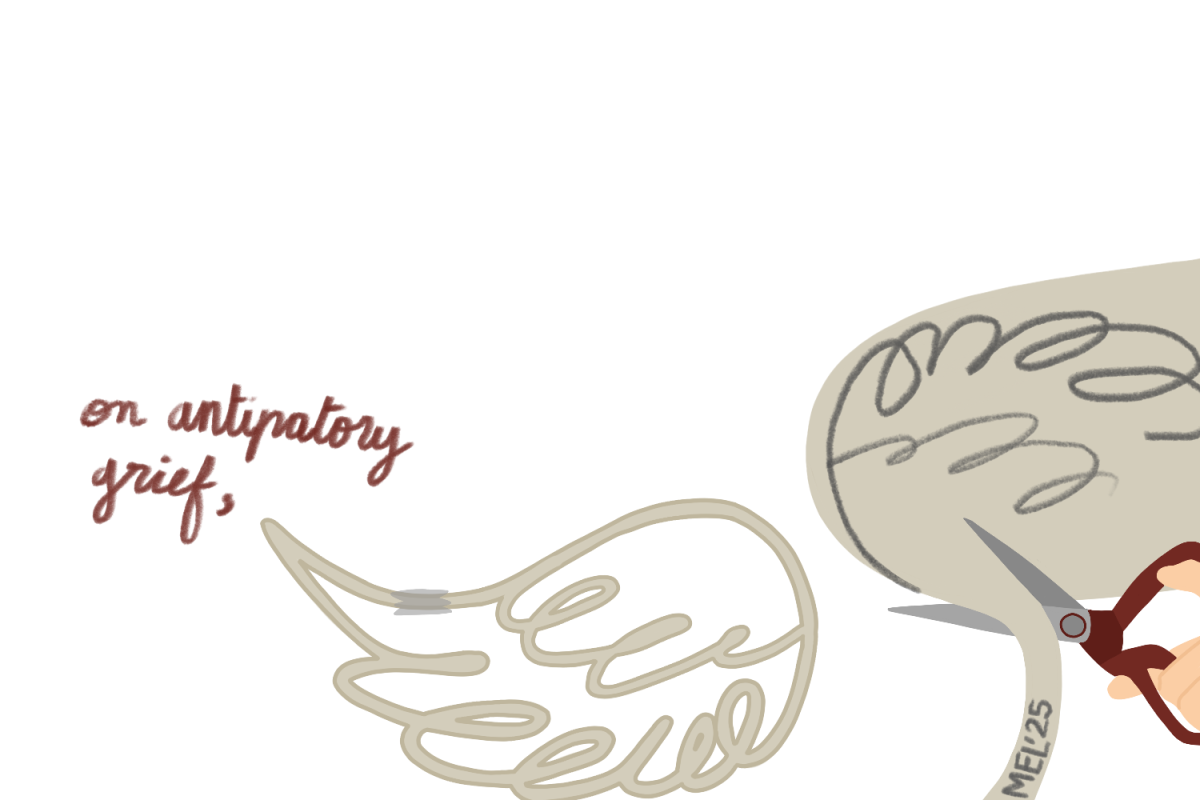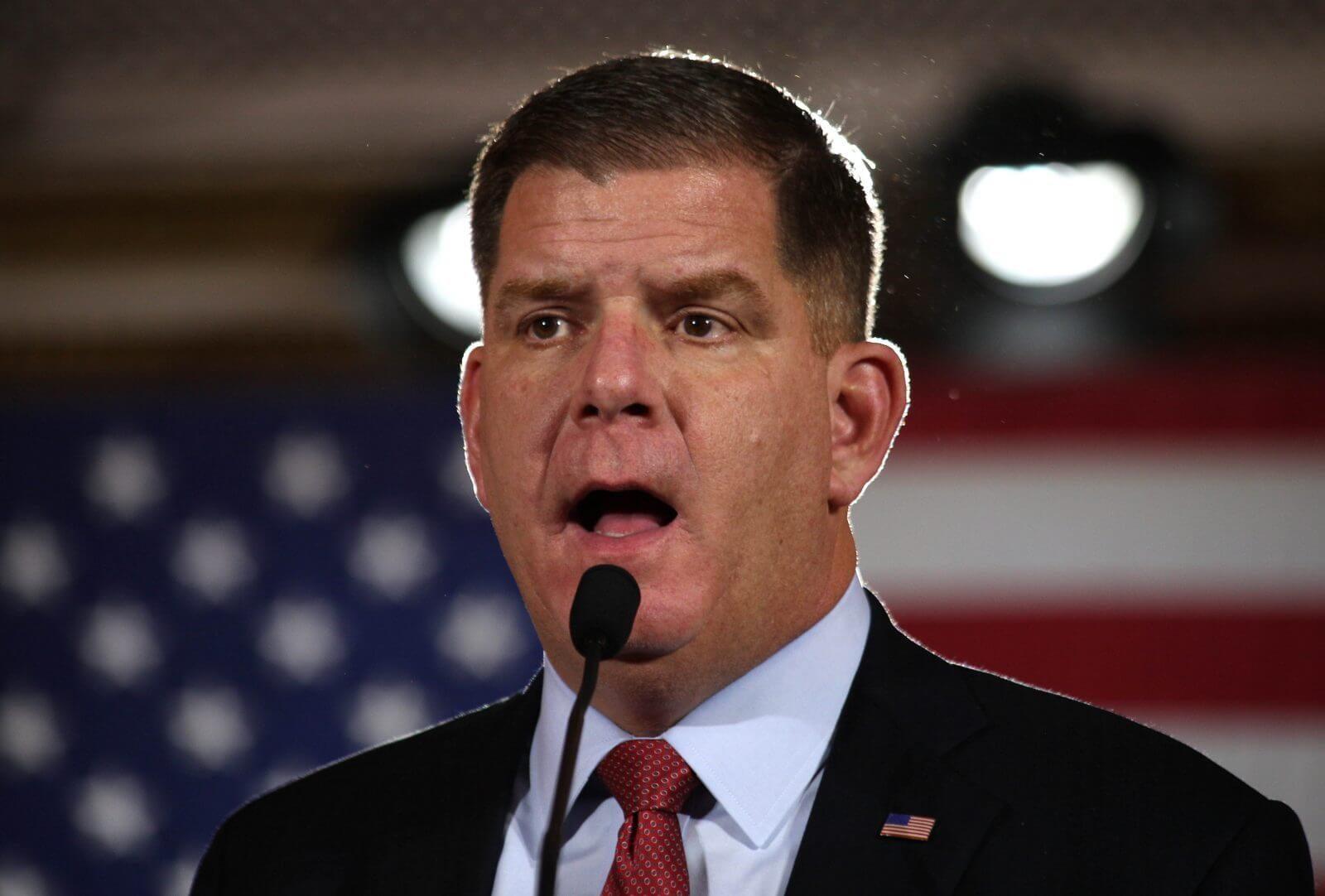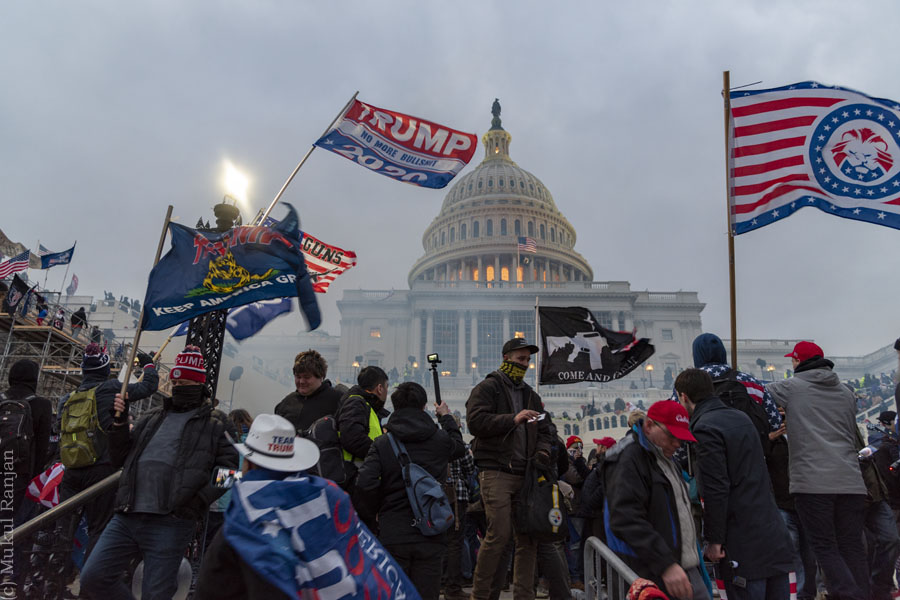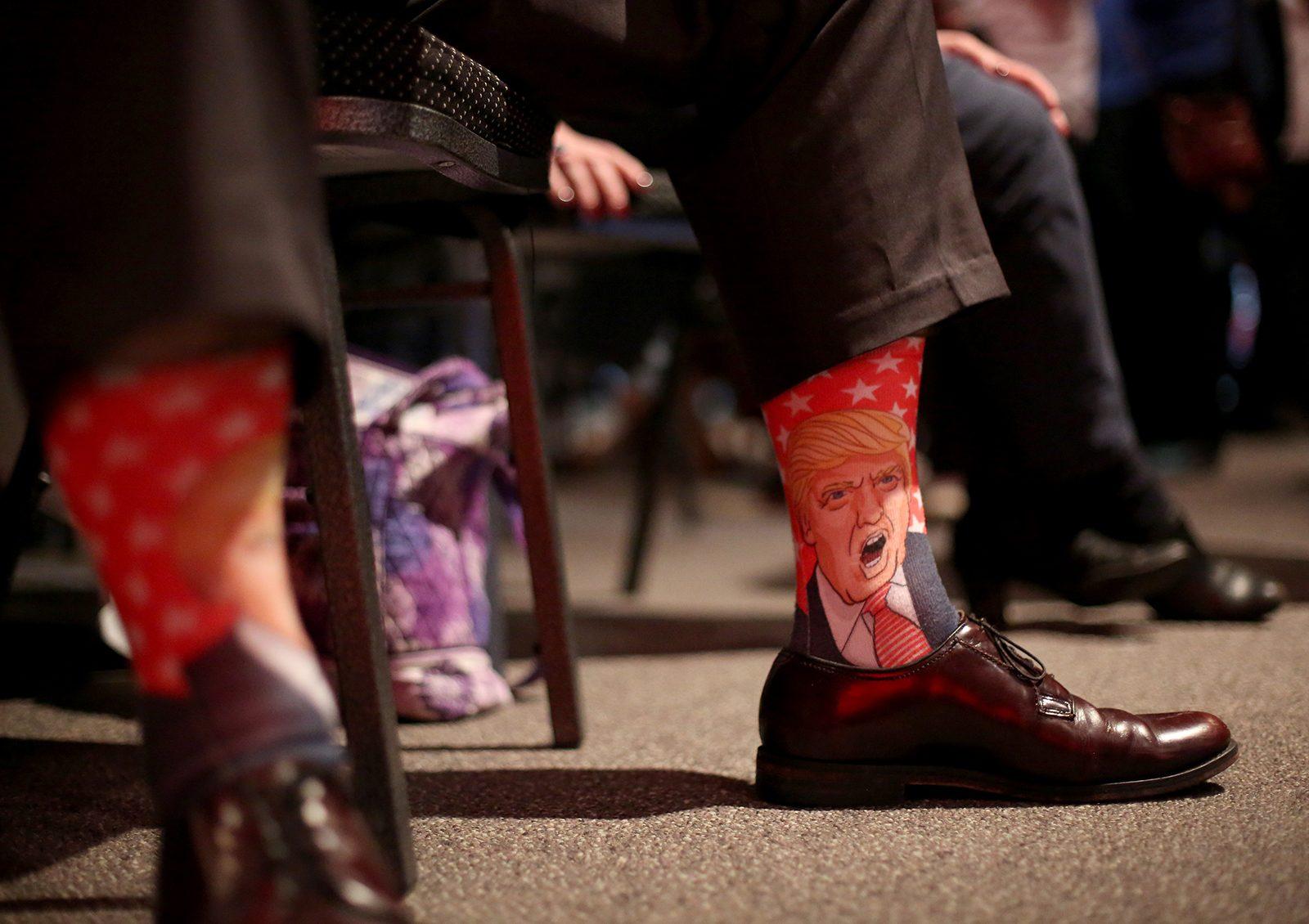Colleges and professors are taking an aggressive stance against cheaters and plagiarists with anti-cheating technology and tactics to crack down on academic dishonesty.
The University of Central Florida College of Business Administration has a secure testing lab the college uses to catch cheaters taking exams. The testing lab is complete with video surveillance, circling proctors and computer monitors that capture discrepancies onto a DVD sent directly to instructors, UCF CBA Associate Dean Taylor Ellis said.
Ellis said technology is necessary to combat cheating.
‘Students who are going to cheat will – regardless of moral pleas,’ he said. ‘Moral pleas are like locks. they only keep the honest people honest.’
Though cheating incidents have dropped to three per term with the use of the lab, instructors can never be sure they are catching every cheater, Ellis said.
‘Some students will always try and come up with a new way to try and beat the system,’ he said.
Ellis said students who cheat are usually reacting to pressures from every aspect in their lives. About 40 percent of UCF’s business students hold part or full-time jobs while taking 17 credit hours of upper-level classes with the hope that they can still maintain a 3.0 grade point average or better, Ellis said.
Some students are also pressed into college through parental and social pressure when they are not ready for the demands of college-level classes, he added.
Cheating has repercussions on guilty students’ peers as well.’
‘If a student who cheated obtains a position with a large, prominent company and is unable to perform their duties, it will impact the companies hiring future graduates,’ he said. ‘Students have to remember cheating reflects on all of them.’
According to a September 2006 study published in the Academy of Management Learning & Education, business students admit to cheating more than any other student. Fifty-six percent of business school students admitted to cheating at least once.’ Engineering students came in second, with 54 percent admitting to cheating in their past.’ However, neither of those was much higher than the 47 percent average of all students who admitted to cheating in the study.
Boston University College of Engineering junior Lily Zamora said engineering students who cheat not only affect their classmates, but could also dramatically affect any projects they undertake.
‘A lot of ENG courses are based on a curve, so it’s kind of like you are competing against your classmates,’ Zamora said. ‘If people cheat, that messes up the whole curve.
‘GPA is a central factor in getting a job in engineering,’ she said. ‘We do problems based on real life. If cheaters can’t handle their job because they don’t know the concepts, then the mistakes they make can result in tragedies.’
BU law and philosophy professor David Lyons said he uses technology like Turnitin.com to catch plagiarizers in his classes.’
Turnitin.com is a website that compares student’s papers to a database of websites and previous submissions from other classes and colleges to check for originality.
BU is one of more than 6,500 institutions in 106 countries that has a subscription to Turnitin.com, according its the website. BU also recommends that instructors type passages from students’ work into Google and Google Scholar to search for plagiarized information, according to BU’s website.
Lyons said he has had only one serious case of plagiarism in more than 10 years at BU.
‘Sometimes the cheating is so obvious it’s almost like a call for help,’ he said. ‘Pressures are great and will probably get greater with the economy going down.’
Universities crack down on cheaters with technology
By Daily Free Press Admin
•
October 17, 2008
0
More to Discover



